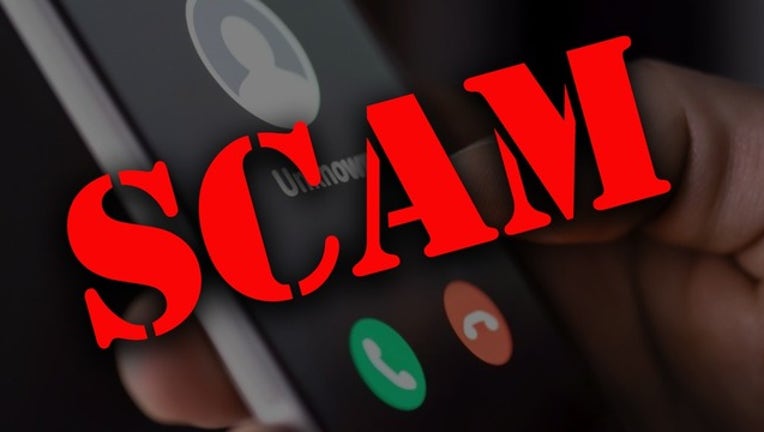Phone scam tries to get your financial, personal information for your coronavirus aid check, IRS warns

WASHINGTON D.C. - The Internal Revenue Service (IRS) is warning Americans about a phone scam that requests information from you for your incoming coronavirus aid check.
The IRS said that they will not call you for any personal or financial information.
They suggest that if you get a call like this, hang up because it is a scam.
The IRS website elaborates on how to know the signs of a phone scam. It states that the IRS will never:
- Call to demand immediate payment using a specific payment method such as a prepaid debit card, gift card or wire transfer. Generally, the IRS will first mail a bill to any taxpayer who owes taxes.
- Threaten to immediately bring in local police or other law enforcement groups to have the taxpayer arrested for not paying.
They also advise that after hanging up, you should report to the call using an 'IRS Impersonation Scam Reporting form' or by calling 800-366-4484. The number can also be reported via email to phishing@irs.gov. Be sure to put IRS Phone scam in the subject line.
MORE NEWS: Most eligible Americans will receive coronavirus aid checks by April 15, Treasury official says
As part of the CARES Act, people who file their taxes as individuals are eligible for payments up to $1,200, and couples who file jointly are eligible for up to $2,400 plus an additional $500 per child under the age of 17.
According to a senior Treasury official, the majority of eligible Americans will receive their coronavirus aid payments no later than April 15. In fact, payments have already hit some people's accounts as of Friday evening, FOX News reported.

Coronavirus stimulus checks on the way
People will start to see the money in their bank account by Wednesday.
The first batch of payments will be received by Americans who filed their taxes in 2018 and/or in 2019 and received a refund via direct deposit.
The Internal Revenue Service (IRS) will soon launch an online tool to help everyone check the status of their Economic Impact Payment. It provides the status of the payment, including when it is scheduled to be deposited or mailed. It will also allow Americans who have not elected for direct deposit when filing taxes in 2018 or 2019 to enter their direct deposit information.
If you have not filed your taxes because you do not need to, you can go to the IRS website and use the “Non-Filers: Enter Payment Info Here” section to enter their bank information in order to receive their payment faster than they would via regular mail.
CLICK HERE FOR COMPLETE CORONAVIRUS COVERAGE
Tune in to FOX 35 News for the latest coronavirus news.
MOBILE USERS: Click here to tune in to FOX 35 News

